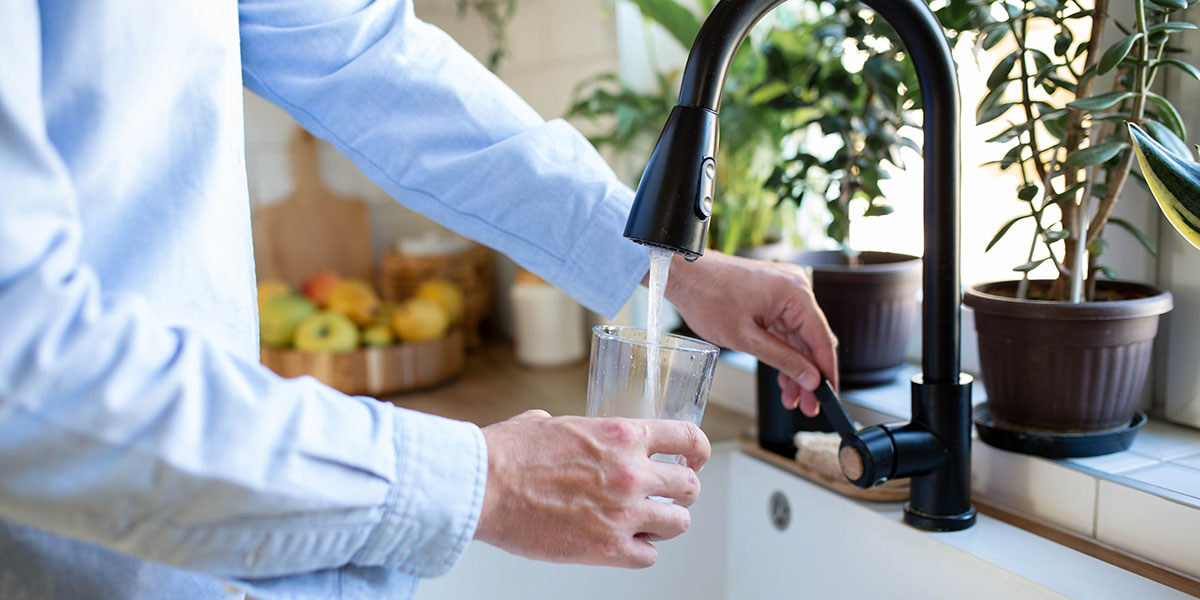August is Water Quality Month, a time to reflect on the essential role clean water plays in our lives—and the responsibility we all share in protecting it. Whether it’s the water we drink, cook with, or use to nourish our gardens, its quality directly impacts our health, our communities, and the environment.
Why Water Quality Matters
Clean water isn’t just a convenience, it’s a necessity. Yet, many water sources face threats from pollution, aging infrastructure, and climate change. Contaminants like lead, PFAS, nitrates, and microplastics are increasingly found in water supplies, raising concerns for both human health and ecological balance.
The Role of Water Treatment
Water treatment systems are the unsung heroes in the fight for clean water. From municipal plants to in-home filtration systems, these technologies remove harmful contaminants and ensure water is safe and palatable.
Some key water treatment methods include:
• Activated Carbon Filtration – Helps minimize chlorine, VOCs, and odors.
• Reverse Osmosis – Effectively reduces heavy metals, salts, and other dissolved solids.
• UV Purification – Supports the reduction of bacteria and viruses without chemicals.
• Whole House Filtration – Protects the point of entry for cleaner water at every tap.
By investing in effective water treatment, we not only protect our families but also reduce our reliance on bottled water, cutting down on plastic waste and carbon emissions.
Learn More About HomeShield™
Suppose you’re looking for a reliable way to improve your home’s water quality. In that case, HomeShield™ Whole House Water Filter with PFAS Reduction Whole House by A. O. Smith offers advanced filtration solutions designed to protect your water from potentially harmful contaminants, like PFAS*—right at the point of entry. From whole house systems to specialized filters, HomeShield™ helps ensure every drop is clean, safe, and environmentally responsible.
Learn more about this exciting new solution!
A Nod to the Environment
Water quality and environmental health go hand in hand. Polluted runoff, industrial waste, and overuse of fertilizers can degrade rivers, lakes, and groundwater. But the good news? Every action counts.
Here’s how we can all contribute:
• Choose eco-friendly cleaning products to reduce chemical runoff.
• Fix leaks promptly to conserve water and reduce strain on treatment systems.
• Support green infrastructure like rain gardens and permeable pavements.
• Advocate for stronger water protections in your community.
A Shared Responsibility
Water Quality Month is a reminder that clean water is a shared resource—and a shared responsibility. Whether you’re a homeowner, a business, or a policymaker, your choices matter. Let’s work together to ensure that every drop is safe, sustainable, and protected for generations to come.
*PFAS substances include: PFNA, PFOA, PFOS, PFHpA, PFHxS.


